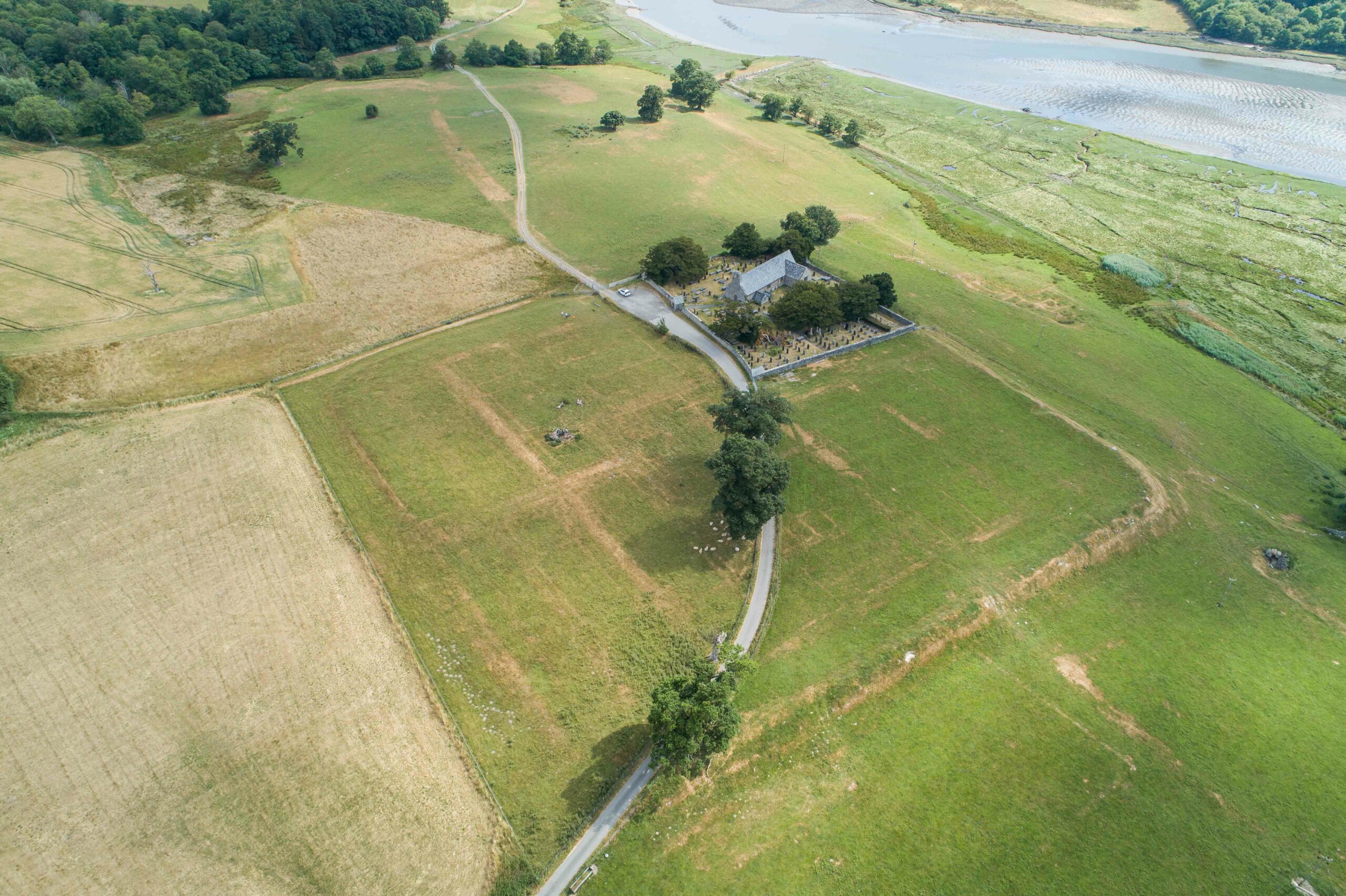HALLE, GERMANY—According to a report in DW, evidence of fatal injuries has been verified on the 3,800-year-old bones of the so-called prince of Helmsdorf, whose remains were discovered in the Leubinger mound, where the Nebra Sky Disc was also found. Frank Ramsthaler of the University of Saarland Institute for Forensic Medicine said one of the wounds may have been inflicted through the prince’s stomach and into his spine with a dagger whose blade was at least six inches long. Ramsthaler thinks the victim may have been standing against a wall or lying on the floor when he was stabbed, since the injuries were inflicted with such intensity. Another wound was inflicted from above—it split the prince’s left shoulder blade and probably damaged his lungs. An arm injury suggests the prince may have tried to defend himself against a surprise attack. To read about evidence of murder discovered in bones unearthed in northern Spain and dating back 430,000 years ago, go to “A Place to Hide the Bodies.”
New Thoughts on the Death of the "Prince of Helmsdorf"
News December 19, 2018
Recommended Articles
Off the Grid January/February 2025
Tzintzuntzan, Mexico

Digs & Discoveries January/February 2025
Bad Moon Rising
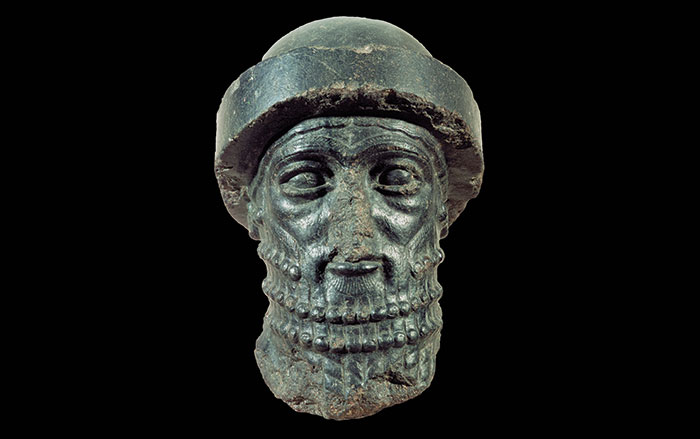
Digs & Discoveries January/February 2025
100-Foot Enigma

Digs & Discoveries January/February 2025
Colonial Companions

-
Features November/December 2018
Reimagining the Crusades
A detailed picture of more than two centuries of European Christian life in the Holy Land is emerging from new excavations at monasteries, towns, cemeteries, and some of the world’s most enduring castles
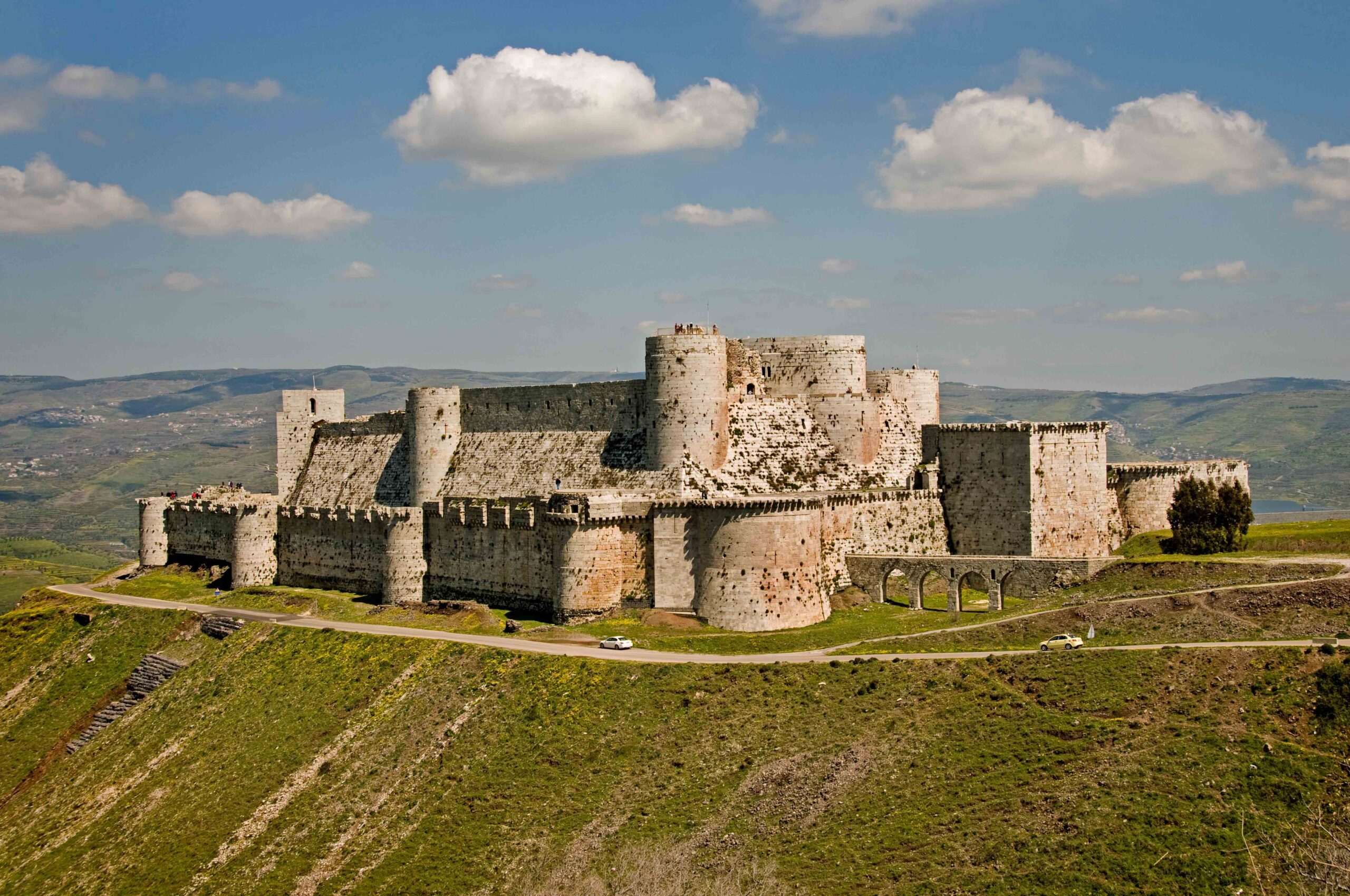 (Peter Horree/Alamy Stock Photo)
(Peter Horree/Alamy Stock Photo) -
Letter from California November/December 2018
Inside a Native Stronghold
A rugged volcanic landscape was once the site of a dramatic standoff between the Modoc tribe and the U.S. Army
 (Julian Smith)
(Julian Smith) -
Artifacts November/December 2018
Russian Canteen
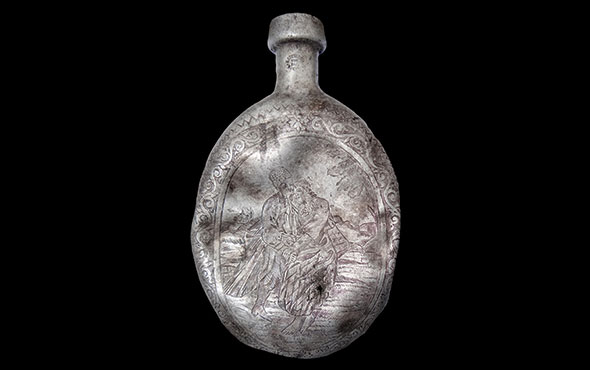 (Courtesy Copyright David Kobialka/Antiquity)
(Courtesy Copyright David Kobialka/Antiquity) -
Digs & Discoveries November/December 2018
The American Canine Family Tree
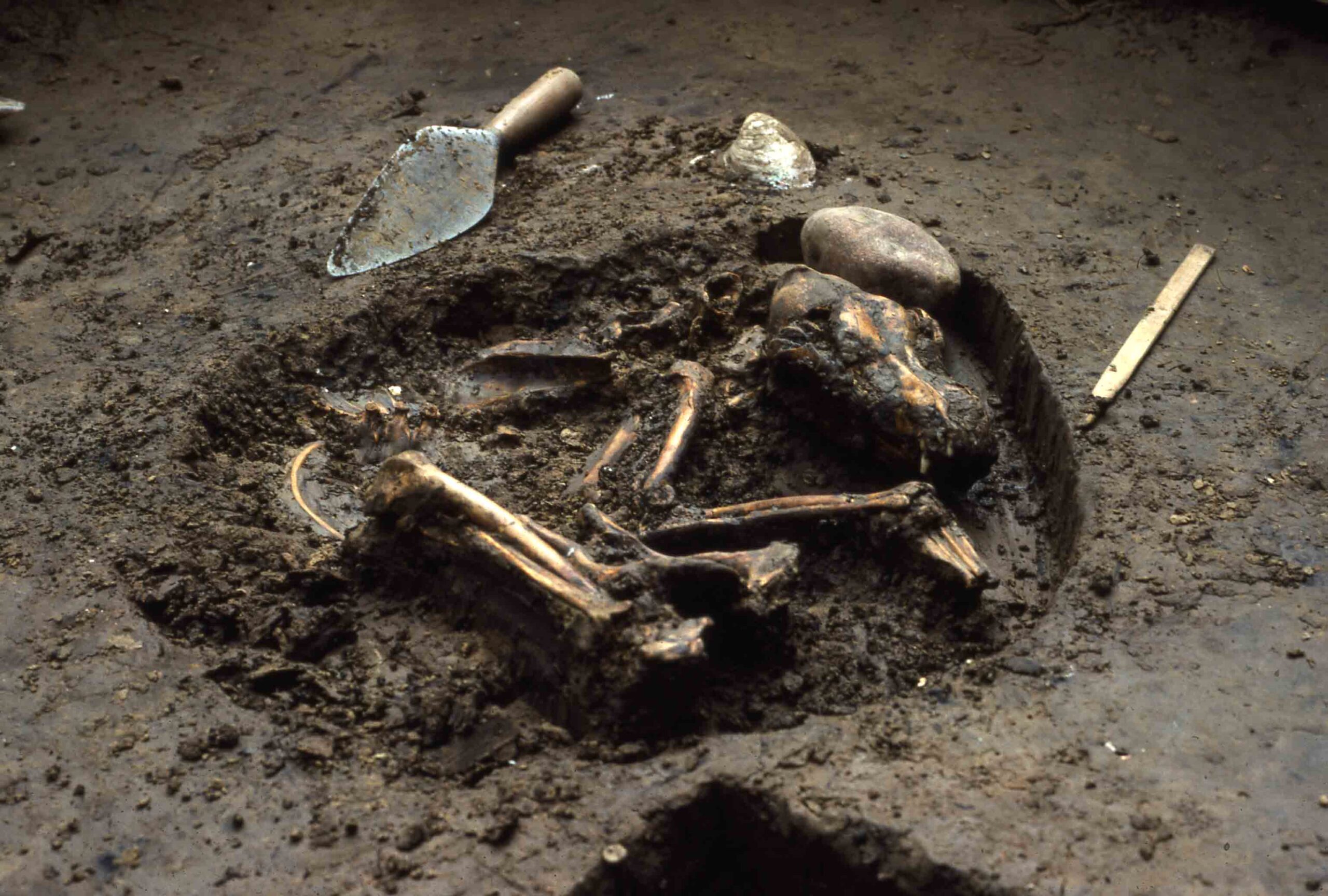 (Photo by Del Baston/Courtesy of the Center for American Archeology)
(Photo by Del Baston/Courtesy of the Center for American Archeology)


